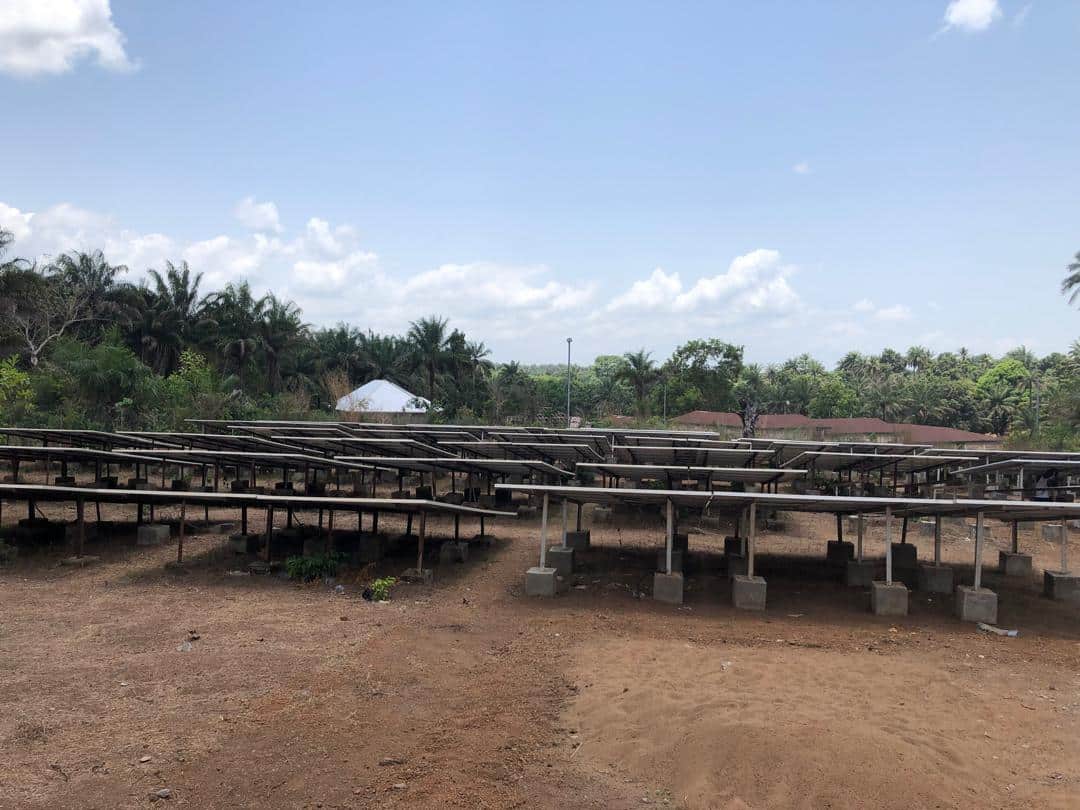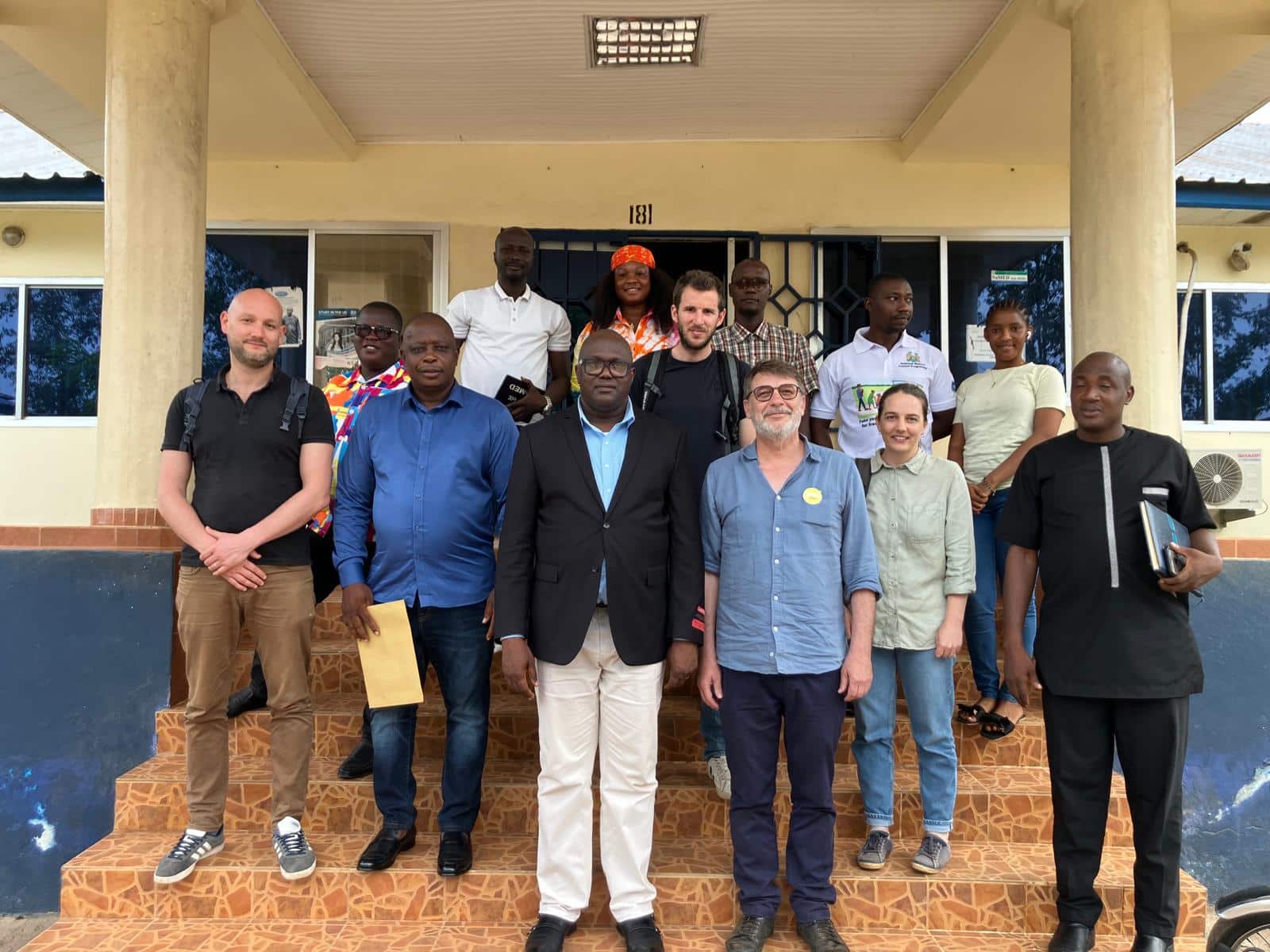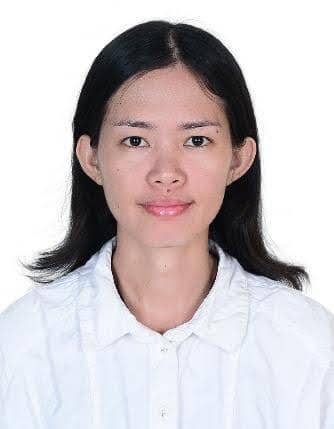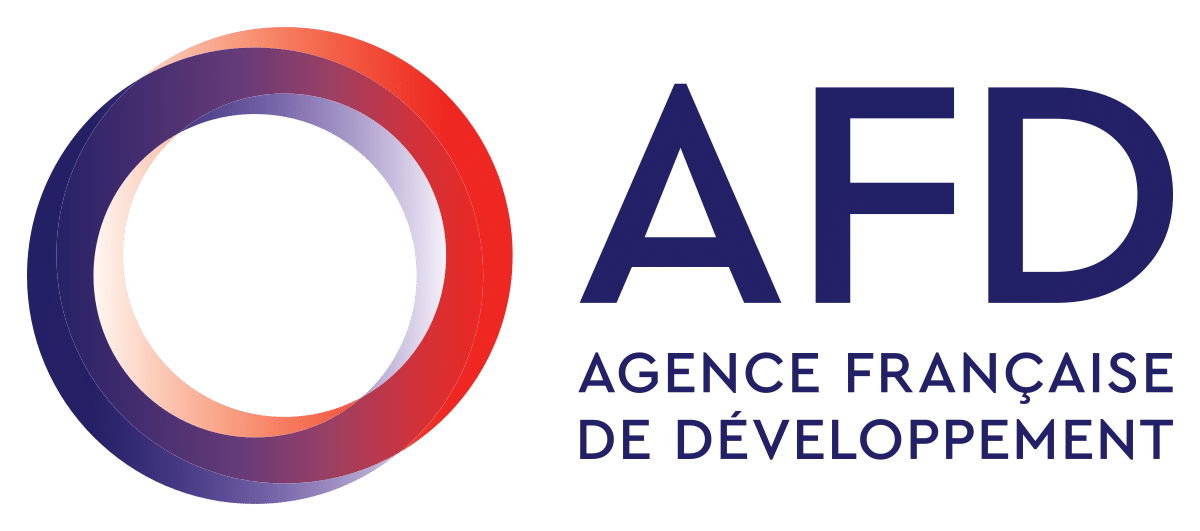Promoting entrepreneurship and food security through access to sustainable energy in Sierra Leone
In 2025, Geres launched an ambitious project in Sierra Leone called Energy4Business (E4B), which aims to provide sustainable and affordable access to energy in order to stimulate local economic development, improve food security, and reduce the drudgery of work, particularly for women. By promoting low-carbon energy solutions, the project aims to strengthen community resilience, capitalize on existing electrification efforts, and offer tailored supplements for productive activities.
A low development index, exponential inflation, and a still fragile agricultural sector
Context
Sierra Leone, ranked 181 out of 195 on the development index, faces significant socioeconomic challenges. Half of its population lives below the poverty line, and since 2022, the country has experienced exponential inflation due to the significant devaluation of its currency, the Leone. GDP growth is estimated at 5.7% when the informal sector is included, which in 2023 represented between 87% and 95% of the entities surveyed.
The agricultural sector contributes 30% of GDP, with 86% of jobs in the informal sector. Most farms are family-run, while the private sector and cooperatives cover only 24% of the land. The majority of farmers (60%) are still illiterate and poorly trained, and 90% of land is still irrigated manually, which limits yields.
95% of farmers say they have never received formal training in agriculture.
The main crops are rice, cassava, sweet potatoes, cocoa, corn, coffee, cashews, and peanuts. Livestock farming remains limited, dominated by poultry, sheep, and cattle. In 2023, 16,000 fish and shellfish farms were developed to complement fishing, which employed nearly 79,000 people.
Strengthening the electrification efforts initiated by the public authorities, involving all stakeholders.
Challenges
The Sierra Leone government’s policy aims to achieve 92% electrification across the country by 2030, notably by focusing on public-private partnerships for the development of solar energy in rural areas. Efforts to date have focused on maintaining existing mini solar grids, expanding them, and creating 200 new mini grids. Existing mini grid operators still face persistent challenges such as currency devaluation, seasonality of energy demand and production, and undersized existing infrastructure.
The lack of adequate means of production prevents off-grid populations from promoting local production, increasing their incomes, and improving their economic resilience and autonomy. In addition, the lack of training for rural entrepreneurs and the lack of social intermediation between operators and customers contribute to the fragility of economic models, exacerbated by a high proportion of low-consumption customers.
In addition, the lack of effective means of storing or processing agricultural crops is significant and has a serious impact on the various value chains. Women are particularly affected, as they are the ones who are most burdened by these tasks, which are generally assigned to them. Finally, the lack of education, training, and access to financing are major obstacles to the development of productive and income-generating activities, particularly in rural areas.
The Energy4Business project therefore seeks to overcome these obstacles in order to promote the development of rural businesses, productive groups, and cooperatives. This will help to retain the added value of local processing and generate significant socio-economic impacts, particularly in terms of jobs and access to local services.

Improving energy supply and strengthening production and entrepreneurial capacity in rural areas
Solutions & objectives
The Energy4Business project offers an integrated approach, combining improvements to the energy supply with the strengthening of production resources and the entrepreneurial capacities of the population. This strategy is based on three specific objectives and solutions:
- Guarantee service provision. Offer technical solutions for energy access and energy efficiency tailored to Energy Producing Users, while ensuring their economic viability and inclusive management.
- Improve economic resilience, contribute to food security, and reduce the hardship of women’s work. Enable the development of economic activities requiring electricity by strengthening Energy Producing Users.
- Ensure the recognition and sustainability of pilot models. Contribute to advocacy and the dissemination of good practices.
Energy4Business is the first project carried out in Sierra Leone by Geres, which is taking approaches tailored to different environments and actors, which will be considered “pilots.” They will then be adapted and replicated in their most relevant forms, best suited to the issues identified during the pilot phase.
Mini-grid operators, productive users, and individuals
Beneficiaries
There are two main groups of direct beneficiaries of the project :
- Local populations, particularly productive electricity users (artisans, professional groups, business managers, etc.), who will see their management, production, and structuring capacities strengthened within the territory. Particular attention will be paid to women and young people, who will receive tailored support.
- Mini-grid operators in Sierra Leone, such as PowerLeone and PowerGen (the country’s main off-grid electricity service providers). The aim is to support them in adapting their mini-grids and developing their service offerings.
More broadly, the expected benefits of the project are as follows:
- 75 rural activities provided with access to energy, productive equipment, and entrepreneurial training
- 100 direct jobs and 300 indirect jobs will be created and consolidated
- 5,000 families, or 30,000 users, will see their daily lives improve thanks to access to new local goods and services and electrification solutions

Combining expertise for a better project development
Technical partners
For the Energy4Business project, Geres is acting as project manager and is working with local stakeholders and service providers (associations, consulting firms, private operators, etc.) to implement capacity-building actions. The technical partners will be as follows:
- The public sector at the national and local levels
- Local authorities, relevant decentralized services, and local craft associations at the municipal level will be involved in the selection of UPEs and governance through local committees.
- The Ministry of Energy through its rural electrification manager, as well as the relevant government agencies (SLEWRC, PI-CREF, PPPD, etc.)
- Local solar mini-grid operators, as electricity service providers.
Financial partner
The project is fully funded by the French Development Agency (AFD) to the tune of €4.8 million (€4,800,000).
CONTACT THE CAMBODIAN PROJECT TEAM

WOULD YOU LIKE TO TAKE ACTION AND SUPPORT WHAT WE DO? ?
Tell us who you are and find your means of action.
CITIZENS
Because Climate Solidarity is a challenge we face collectively, Geres gives you the possibility to make a difference.
PRIVATE SECTOR
As a business executive, an employee or a customer, you have the power to take action in your everyday life.
LOCAL AND INSTITUTIONAL ACTORS
Support our actions in France and internationally and become an agent of change at our side.
FOUNDATIONS
By supporting Geres, you contribute to the implementation of innovative and concrete actions.

